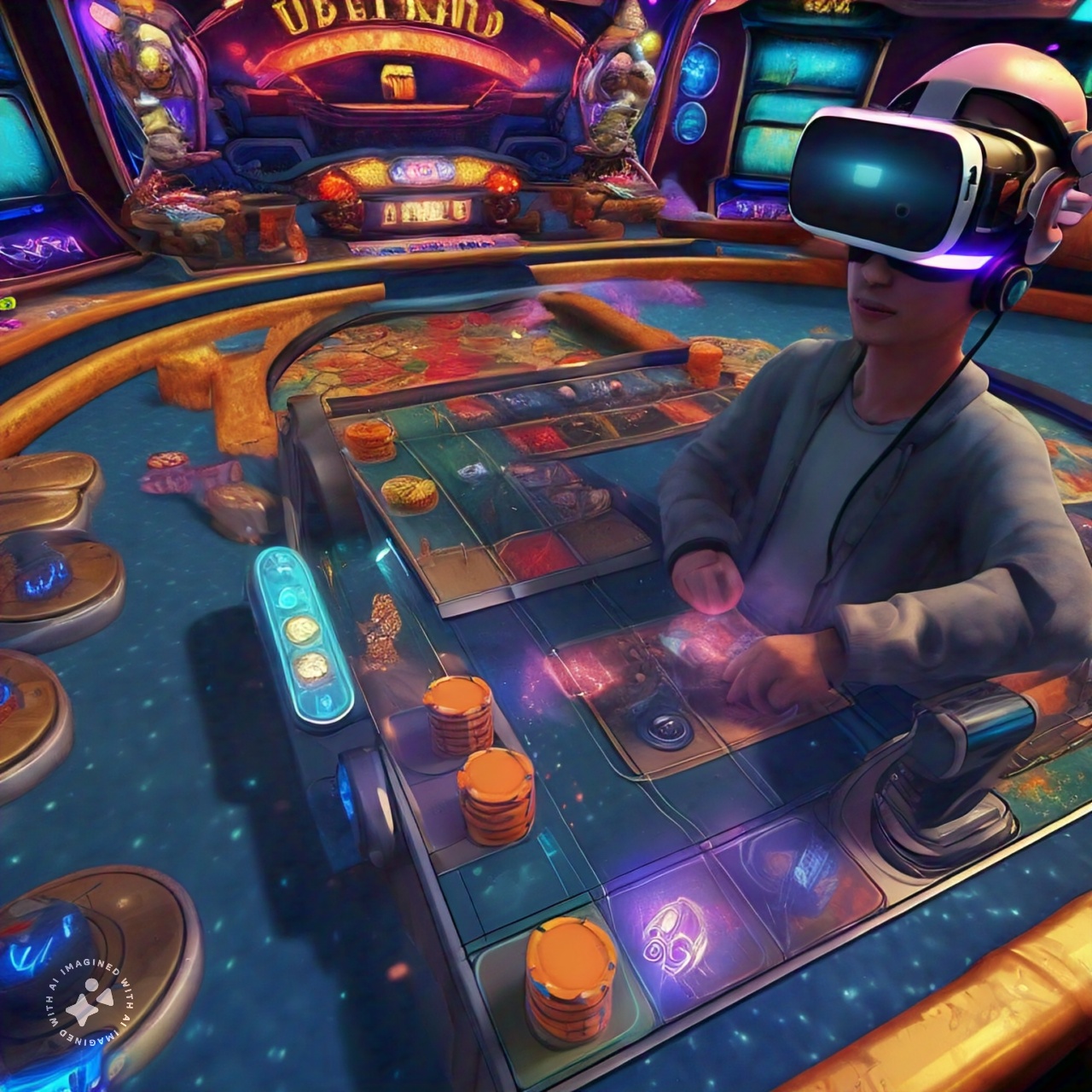Introduction:
In recent years, the i-Gaming industry has witnessed a revolutionary shift propelled by multi-agent dynamics. This transformation has redefined traditional paradigms, offering a glimpse into a future where interactions among multiple agents shape the landscape of online gaming. In this comprehensive guide, we delve into the intricate workings of multi-agent systems and their profound implications for the i-Gaming industry.
Understanding Multi-Agent Dynamics
The intricate web of interactions within the i-Gaming industry is powered by multi-agent dynamics, where various entities operate autonomously, yet collaboratively, to achieve common goals.
Exploring Agent Interactions
Multi-agent systems facilitate complex interactions among diverse entities, including players, developers, regulators, and platforms. These interactions foster dynamic ecosystems where innovation thrives and user experiences evolve.
The Impact on i-Gaming Platforms
i-Gaming platforms serve as the cornerstone of the industry, providing immersive experiences and facilitating interactions among players and stakeholders.
Enhancing User Engagement
Multi-agent systems enable i-Gaming platforms to tailor experiences based on user preferences, fostering deeper engagement and retention.
Regulatory Considerations
The evolving landscape of i-Gaming regulation intersects with multi-agent dynamics, presenting both opportunities and challenges for industry stakeholders.
Navigating Regulatory Frameworks
Regulatory bodies are adapting to the complexities of multi-agent systems, seeking to ensure fairness, transparency, and responsible gaming practices.
Innovations in Game Development
Multi-agent dynamics are driving innovation across all facets of game development, from concept ideation to user experience design.
Dynamic Gameplay Experiences
Games powered by multi-agent systems offer dynamic gameplay experiences characterized by adaptive AI, immersive narratives, and player-driven outcomes.
Adapting to Market Trends
The i-Gaming industry must continually adapt to emerging trends shaped by multi-agent dynamics, staying ahead of evolving consumer preferences and technological advancements.
Personalized Gaming Experiences
Multi-agent systems empower i-Gaming platforms to deliver personalized experiences that resonate with diverse audiences, fostering loyalty and brand advocacy.
Challenges and Opportunities
While multi-agent dynamics present unprecedented opportunities for growth and innovation, they also pose inherent challenges that require strategic navigation.
Addressing Ethical Considerations
Ethical implications surrounding data privacy, algorithmic bias, and player well-being necessitate proactive measures and ethical frameworks.
FAQs
- How do multi-agent systems impact player interactions? Multi-agent systems enhance player interactions by offering personalized experiences, dynamic challenges, and social connectivity within gaming communities.
- What role do regulators play in overseeing multi-agent dynamics? Regulatory bodies oversee multi-agent dynamics to ensure compliance with industry standards, promote responsible gaming practices, and safeguard consumer interests.
- Are there risks associated with multi-agent systems in i-Gaming? While multi-agent systems offer numerous benefits, they also pose risks related to data security, algorithmic fairness, and the potential for unintended consequences.
- How can i-Gaming platforms leverage multi-agent dynamics to drive innovation? i-Gaming platforms can leverage multi-agent dynamics to innovate in areas such as AI-driven gameplay, dynamic content delivery, and predictive analytics.
- What strategies can developers employ to optimize multi-agent interactions? Developers can optimize multi-agent interactions through iterative design processes, user feedback mechanisms, and data-driven insights to enhance gameplay experiences.
- How will multi-agent dynamics shape the future of i-Gaming? Multi-agent dynamics will continue to shape the future of i-Gaming by fostering innovation, enhancing user engagement, and redefining industry standards.
Conclusion
In conclusion, the transformative impact of multi-agent dynamics on the i-Gaming industry heralds a new era of innovation, collaboration, and user-centric experiences. By embracing these dynamics and navigating associated challenges, stakeholders can unlock unprecedented opportunities for growth and evolution in the dynamic landscape of i-Gaming.
